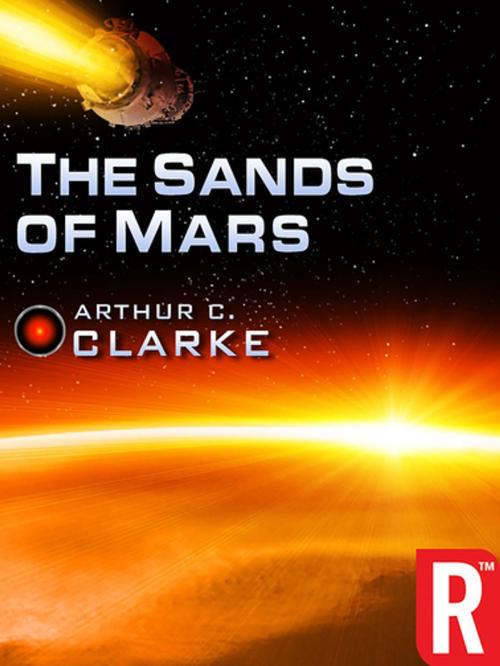| Author: | Arthur C. Clarke | ISBN: | 9780795325816 |
| Publisher: | RosettaBooks | Publication: | November 30, 2012 |
| Imprint: | RosettaBooks | Language: | English |
| Author: | Arthur C. Clarke |
| ISBN: | 9780795325816 |
| Publisher: | RosettaBooks |
| Publication: | November 30, 2012 |
| Imprint: | RosettaBooks |
| Language: | English |
Predating the earliest manned space mission: the first full-length science fiction novel from the acclaimed author of 2001: A Space Odyssey.
First published in 1951, before the achievement of space flight, Arthur C. Clarke created this visionary tale. Renowned science fiction writer Martin Gibson joins the spaceship Ares, the world’s first interplanetary ship for passenger travel, on its maiden voyage to Mars. His mission: to report back to the home planet about the new Mars colony and the progress it has been making.
In The Sands of Mars, Clarke addresses hard physical and scientific issues with aplomb—and the best scientific understanding of the times. Included are the challenges of differing air pressures, lack of oxygen, food provisions, severe weather patterns, construction on Mars, and methods of local travel—both on the surface and to the planet’s two moons.
“[Clarke is] one of the truly prophetic figures of the space age.” —The New Yorker
Predating the earliest manned space mission: the first full-length science fiction novel from the acclaimed author of 2001: A Space Odyssey.
First published in 1951, before the achievement of space flight, Arthur C. Clarke created this visionary tale. Renowned science fiction writer Martin Gibson joins the spaceship Ares, the world’s first interplanetary ship for passenger travel, on its maiden voyage to Mars. His mission: to report back to the home planet about the new Mars colony and the progress it has been making.
In The Sands of Mars, Clarke addresses hard physical and scientific issues with aplomb—and the best scientific understanding of the times. Included are the challenges of differing air pressures, lack of oxygen, food provisions, severe weather patterns, construction on Mars, and methods of local travel—both on the surface and to the planet’s two moons.
“[Clarke is] one of the truly prophetic figures of the space age.” —The New Yorker















